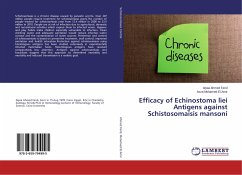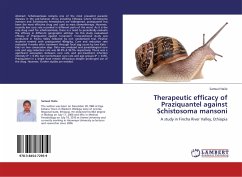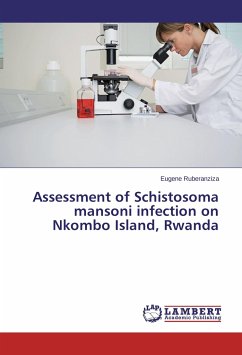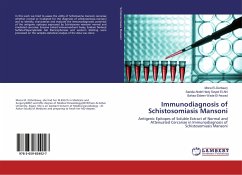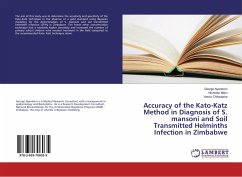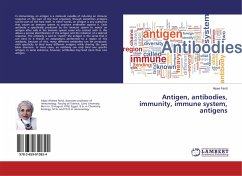Schistosomiasis is a chronic disease caused by parasitic worms. Over 207 million people require treatment for schistosomiasis yearly.The number of people treated for schistosomiasis raise from 12.4 million in 2006 to 33.5 million in 2010. People are at risk of infection due to agricultural, domestic and recreational activities which expose them to infected water. Hygiene and play habits make children especially vulnerable to infection. Clean drinking water and adequate sanitation would reduce infective water contact and the contamination of water sources. Prevention and control of schistosomiasis is based on preventive treatment, snail control, improved sanitation and health education.Protection against schistosomiasis using homologous antigens has been studied extensively in experimentally infected mammalian hosts. Heterologous antigens have received comparatively less attention. Antigens against schistosomiasis and fascioliasis suggest that this approach to diminished morbidityand mortality and reduced transmission is a realistic goal.
Bitte wählen Sie Ihr Anliegen aus.
Rechnungen
Retourenschein anfordern
Bestellstatus
Storno

